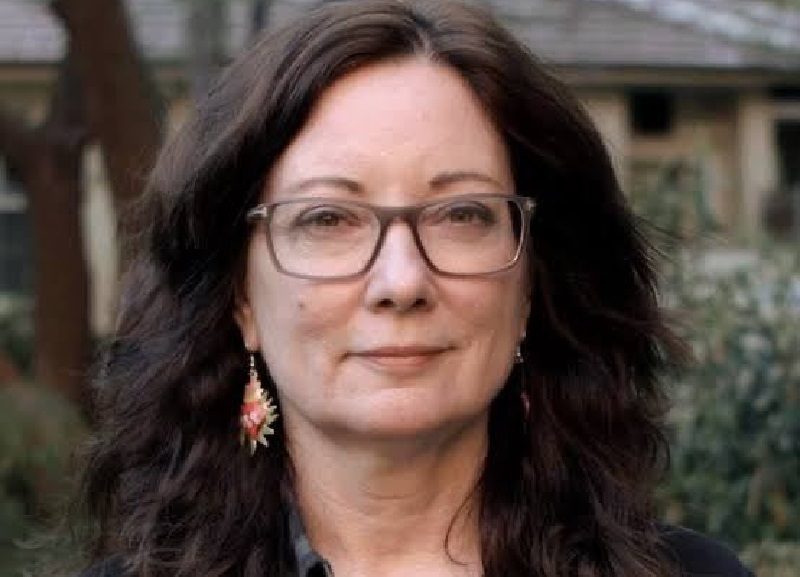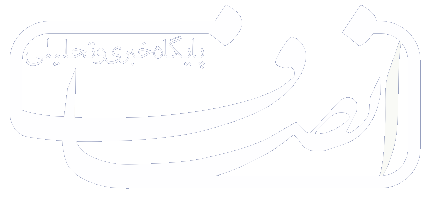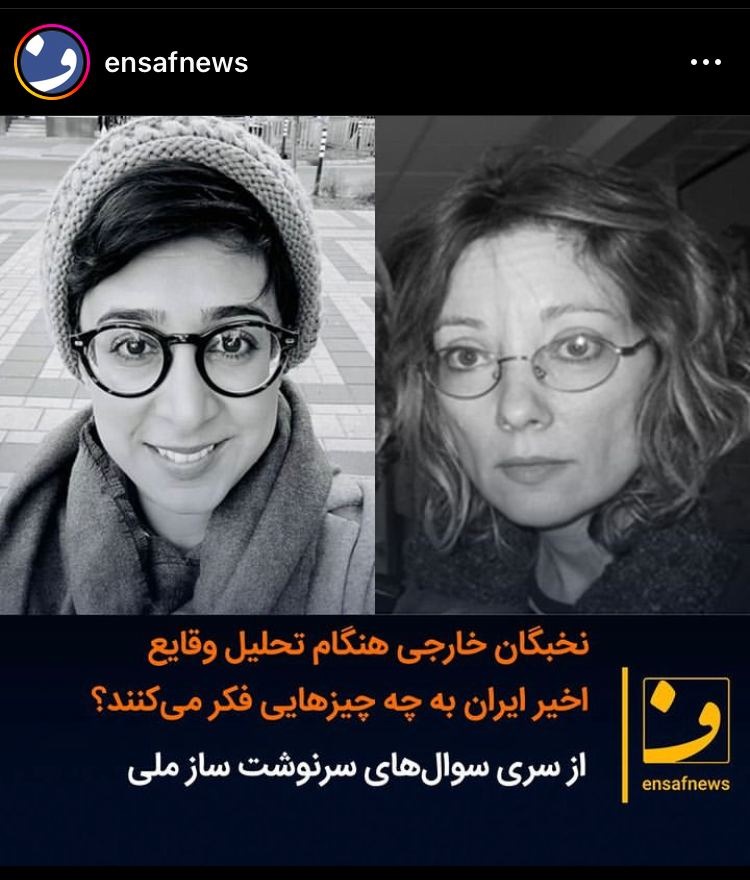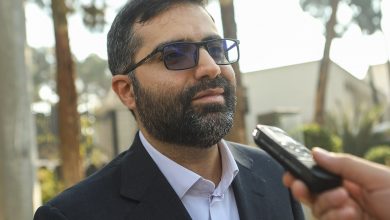What do Non-interventionist Western Philosophers and Activists Think When Analyzing the Recent Events in Iran

From “The Crucial Questions for the Iranian Collective” Series by Nassim Noroozi
Introduction
An old Iranian actor asked me once: “What’s the deal with you people living abroad and not supporting the opposition?”
It was a sincere question. What is it with us, this handful of people who live abroad that are not “regime over-throwists”? Isn’t being an overthrowist a sublime stance? Shouldn’t we even be more of an over-throwist when we are abroad? Wouldn’t it more heroic and noble to be “the voice of those Iranians who are suppressed by the Iranian government?” We have left the country ourselves; what is it then with this strange stance we take? Does it root from the privilege and comfort we have in our current countries of residence, or is it because we are mercenaries and get paid by the Iranian government? What could possibly be the reason?
In the future I will be answering to such questions to shed light on the reasons as to why I do not believe in this “trend” of overthrowism and why I think a quote by Khatami, an Iranian reformist president, is the essence of a noble line of thinking concerning Iran’s modern era: “Overthrowism is neither possible nor optimal”.
However, before getting to that, I need to explain “what’s with” the non-Iranians who oppose their governments’ meddling in the internal affairs of countries like Iran, mostly because I owe to a great extent the development of my line of thought and knowledge to them.
Activists who oppose the interference of their governments in the internal affairs of other countries have two important characteristics:
(i) They are well-read; they know about the history of the interferences of their (Western) countries in the affairs of non-Western ones. They very well know that their history is filled with meddling in other countries’ affairs and changing their destinies for the worse (Afghanistan, Iraq, Libya, Chile, and Iran). They are aware that the US government toppled democracies in Latin American countries through supporting their favourite dictators. They consider these acts as unethical since such actions never improved the situation – nor did they intend to- in those countries. Forget about Latin America, let’s focus on the Iran of a few decades ago and remember the CIA and its toppling of the democratically elected Mossadeq and reinstalling the Shah. This is a story that keeps repeating itself unless we keep reminding it to future generations.
(ii) They are critical of the exploitative ways their own countries rose to power; they therefore do not see themselves superior to other people, nor do they consider their history better than that of other nations.
The non-interventionist Western activists in turn owe their knowledge to great researchers and philosophers who portray an otherwise picture of world through asking the right questions and through a thorough examination of them. These portraits from world events act as “map legends” as they facilitate our understanding of the operational structures of power and domination in the world; something we would not be able to access had they didn’t ask those very critical questions in the first place. This is especially true since we live in times when most media outlets show us their own preferred portrayals of the world, as well as their preferred prescriptions and viewpoints without any guarantees about the results of such prescriptions. In such chaos, trying to draw a different picture of world events and going against the mainstream narratives come with a high price, which is itself a different story for a different time.
Linda Martin Alcoff is one such contemporary philosopher who has played a significant role in presenting novel and accurate portrayals of the world’s structure, as well as in advocating for new mandates and trajectories for philosophical analyses.
Linda Martín Alcoff is Professor of Philosophy at the City University of New York. She earned her PhD at Brown University after doing undergraduate work at Florida State University and Georgia State University.
Her books include Rape and Resistance: Understanding the Complexities of Sexual Violation; The Future of Whiteness; Visible Identities: Race, Gender and the Self, which won the Frantz Fanon Award; and Real Knowing: New Versions of the Coherence Theory. She has published 12 edited books and over 100 articles. Her writings have appeared in the New York Times, Aeon, the NY Indypendent, among others. For over a decade she has taught courses on decolonial philosophy and epistemology in Spain, Australia and South Africa. She was elected President of the American Philosophical Association in 2012, and in 2021 she was named by AcademicInfluence.com as one of the ten most influential philosophers today. She is originally from Panama.
Alcoff believes that contemporary philosophy has lost its soul and is not committed to asking the difficult and timely questions that it is supposed to ask: questioning regarding race, colonialism, and gender.
She has written on how the field is mostly interested in concepts that European thinkers assumed as interesting, and implies that these concepts do not necessarily shed light on solving the current and major problems pertaining to justice and humanity.
Alcoff’s influence is not limited to her philosophical research. As a philosopher, Alcoff has always remained a questioner. As you can see here, she proposed to conduct the interview and ask the questions. This is not a matter of epistemic humility as much as it is a commitment to remain an inquirer: an inevitable characteristic if one wants to remain an authentic philosopher. Great thinkers adhere to “always remaining a questioner” after all.
There are a ton of other merits that distinguish Alcoff and make her stand out amongst other living philosophers. One is how human she is while being a philosopher. I know this firsthand and I am sure others will testify to that. Last year I could not attend the American Philosophical Association because I got sick two days before the conference. Alcoff spent two days of her precious time in the corridors of the conference hotel to get the tech people to set up and facilitate an online presentation so I could take part in the conference. Questions and concerns that engage the great thinkers’ minds are far too important to make out of them aloof and pompous figures who care about their image. Instead, it makes the providing of chances to think about presssing questions more important than being an armchair and distant philosopher. She is an embodiment of such a thinker.
Linda Alcoff’s authentic presence and works have helped philosophers in the revival of philosophy’s soul. She is also among the activists to whom I referred at the beginning of this article. In this interview, I refer to them as anti-imperialists: those westerners who are against the empire-like influence and military expansion of their own governments in other countries.
See the full interview here.
انتهای پیام







